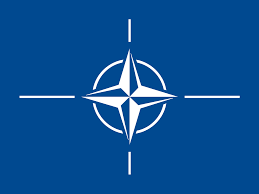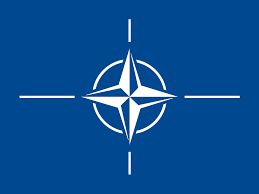U.S. Official Signals Changes to Taiwan Military Aid Amid Potential AUKUS Alterations
Recent statements from U.S. defense officials indicate potential changes to military aid for Taiwan, a move that reflects ongoing strategic adjustments in response to the evolving security landscape in the Asia-Pacific region. The United States has historically maintained a robust arms sales program with Taiwan, aimed at strengthening its self-defense capabilities against increasing military pressure from China.
During a recent press briefing, a senior official from the Pentagon revealed that the U.S. is reviewing its military assistance protocols concerning Taiwan. This review is prompted by a combination of rising tensions between Taiwan and China, as well as the need to refine U.S. military support mechanisms under the auspices of the Taiwan Relations Act. The pandemic effects, alongside China’s assertive military maneuvers in the region, have brought Taiwan’s defense needs into sharper focus.
The official stated that the U.S. plans to enhance military cooperation with Taiwan, which may also involve adjusting the types of equipment and training given. Discussions are ongoing regarding the specific areas of focus, with a keen eye on innovations in military technology that can help bolster Taiwan’s defense capabilities. This can include advanced missile systems, surveillance technologies, and potentially cyber defense strategies that are critical in modern warfare.
Moreover, the ongoing AUKUS partnership between the United States, the United Kingdom, and Australia is experiencing its own set of considerations that might influence military aid to Taiwan. AUKUS—a trilateral security pact—has been touted as a framework for enhancing regional security, particularly concerning the sea and air capabilities of its members, and could factor into the way in which military resources are allocated to Taiwan.
While the details of these adjustments remain to be fully articulated, experts note that bolstering Taiwan’s defenses is likely to serve dual purposes: to deter Chinese military aggression and to reassure U.S. allies and partners in the region of Washington’s commitment to maintaining stability. Taiwan has expressed gratitude for U.S. support in the past, viewing it as essential to counteract increasing threats from mainland China.
As the U.S. considers its next steps, officials emphasize the importance of clarity in communications with both Taiwan and China to avoid misinterpretations that could lead to conflict. With ongoing debate in Washington surrounding the best approaches to deter Chinese expansionism in the region, adjustments to Taiwan’s military aid might provide an essential avenue for bolstering U.S. interests in the area while reinforcing Taiwanese sovereignty.
In conclusion, the U.S. defense establishment’s review of military aid to Taiwan, paired with potential changes stemming from the AUKUS security pact, represents a significant moment in the broader strategy for countering challenges posed by China in the Pacific theater. Continued support for Taiwan remains a cornerstone of U.S. foreign policy, reflecting longstanding commitments and the need for a pragmatic approach to evolving geopolitical realities.
Source


